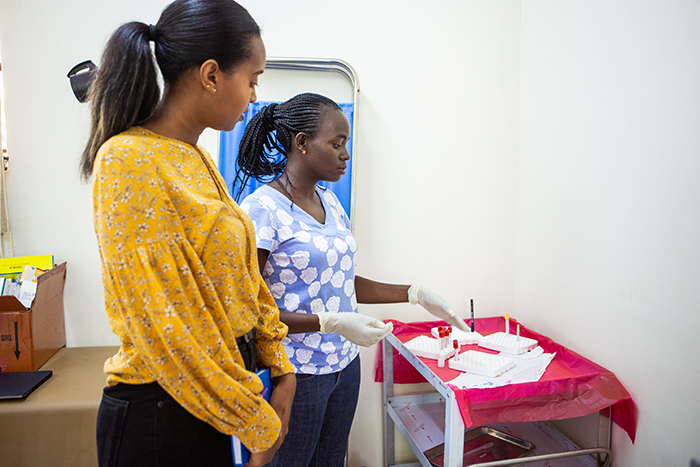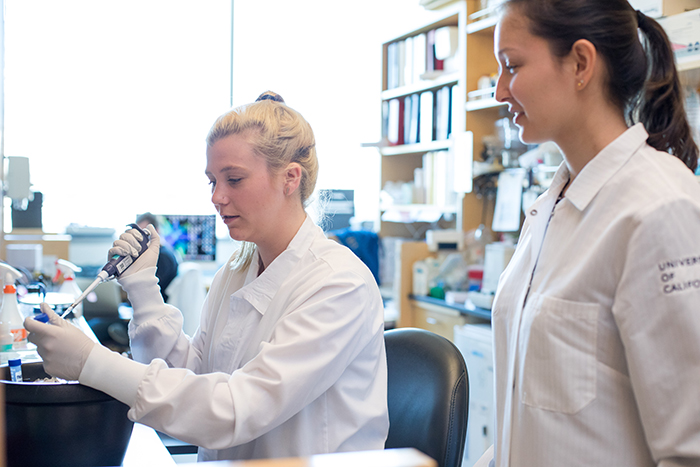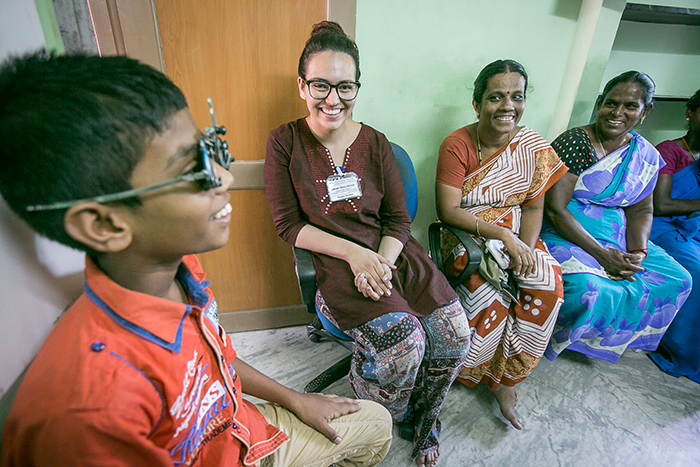The capstone research project is the centerpiece of the Master of Science program. Students focus on a particular area of interest and apply what they have learned in the classroom to an active, mentored project in global health, either in the United States with an underserved population or with an international partner.
Each student has a capstone mentor who oversees their experience and helps the student achieve specific pre-determined competencies. Mentorship is integral to the capstone experience.
Working closely with their mentors and the Practice Seminar course faculty, students develop a project that asks and answers an important question in global health. Students address their research questions using one of the seven methodologies below (mixed methodology projects also may be considered):
- Quantitative Study
- Qualitative Study
- Policy Analysis
- Systematic Review/ Meta-analysis
- Monitoring and Evaluation
- Cost-Effectiveness Analysis
- Laboratory Research
Students plan their projects in the fall quarter, present a formal proposal (qualifying exam) in the winter quarter, and conduct research in the spring and summer quarters. The project culminates in a written and oral presentation (comprehensive exam) at the end of the summer quarter. The written portion may lead to future publication.
Explore
See where master’s students have conducted their capstone research projects.
Click on a green country to learn more about the projects in that country (information shown below map).



